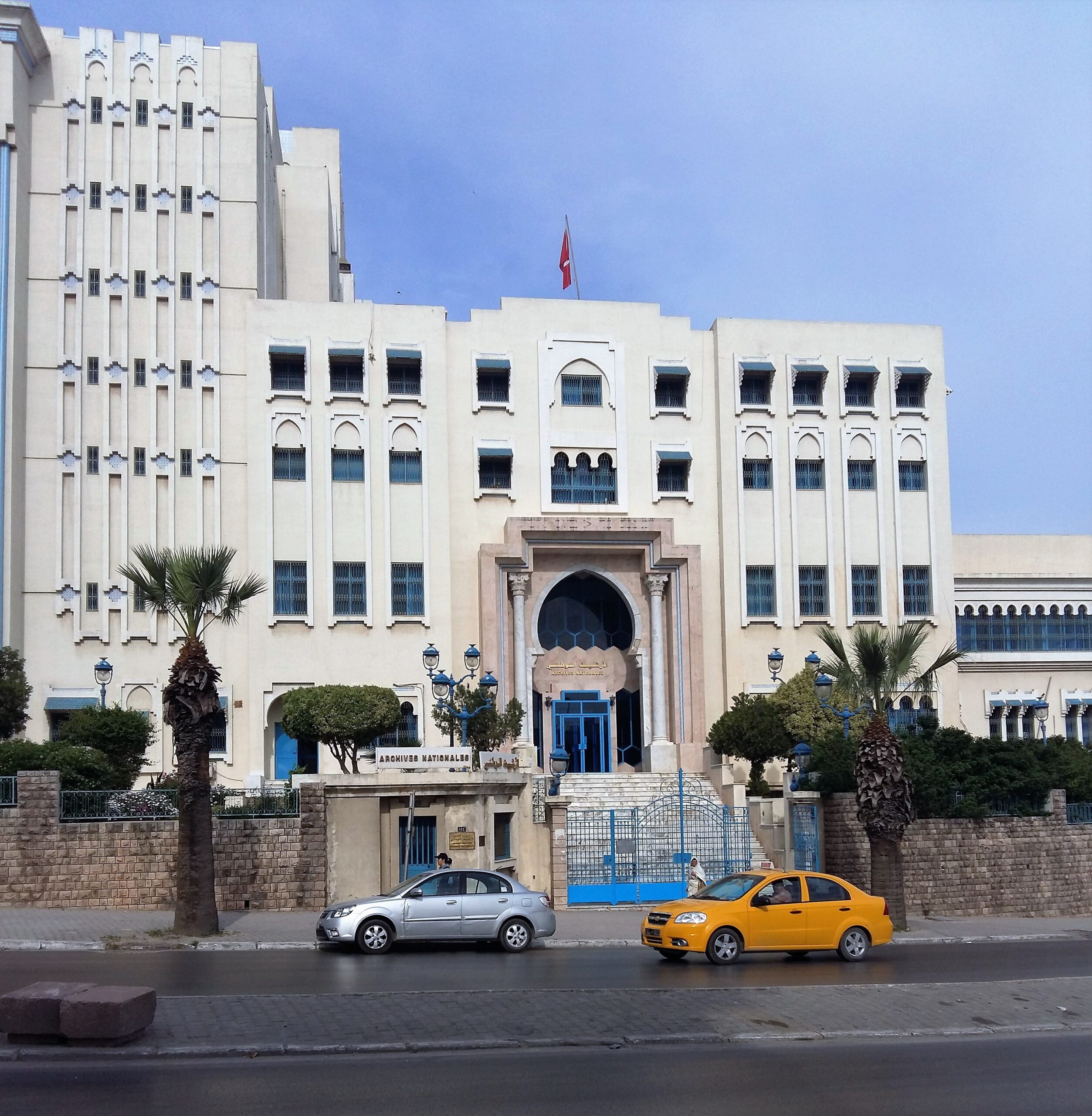Securitizing Resistance in Gafsa: Stratified Vulnerability and Surplus Labor Accumulation

As part of a research project supported by the CUNY Adjunct Incubator, Corinna Mullin, an Adjunct Professor in Political Science at John Jay College of Criminal Justice, CUNY is developing a research project, “Securitizing Resistance in Gafsa: Stratified Vulnerability and Surplus Labor Accumulation,” which builds upon the multi-method qualitative research she has conducted in Tunisia over the past six years on the colonial origins, architecture, and imperial imbrications of Tunisia’s security state.
Much of the critical work on the security state in North Africa examines the role of the police and security apparatuses in the disciplining, control and exclusion of ‘problematic’ populations, including those deemed threatening on the basis of their geographical and class locations, and/or political affiliations. Applying Cedric Robinson’s (1983) theory of racial capitalism to the Tunisian context, Mullin’s current research project also looks to the productive dimensions of national security power in (re)producing the stratified vulnerabilities required for colonial-capitalist forms of exploitation and value extraction. In doing so, it theorizes the location of Tunisia’s security state within an imperial security architecture designed to maintain existing structural inequalities both within and across states.
Focusing on the archives, this research examines the official and popular accounts of the 2008 Gafsa uprising as well as its securitization and violent repression, reminiscent in many ways of French colonial dispositifs. Considering the dialectical nature of security power and resistance, this research will also consider the ways in which future mobilizations across Tunisia have been informed by the legacies and memories of past repression.
This project is part of the CUNY Adjunct Incubator and is co-sponsored by the Center for the Humanities and the Gittell Urban Studies Collective at the Graduate Center, CUNY.

